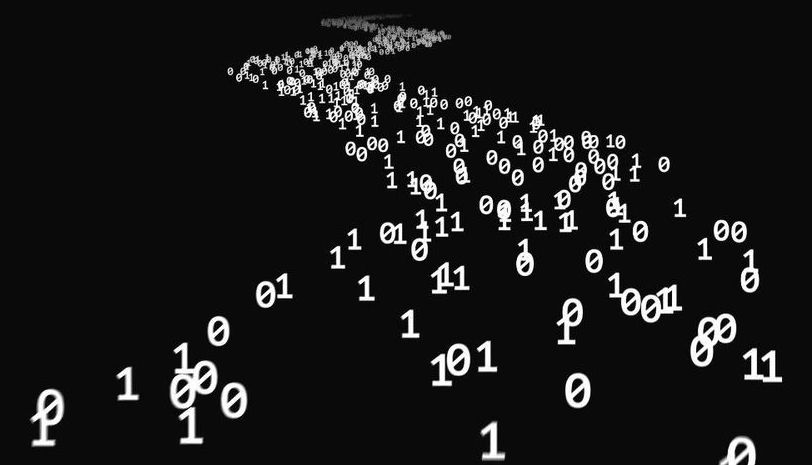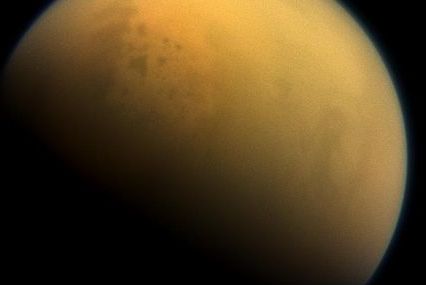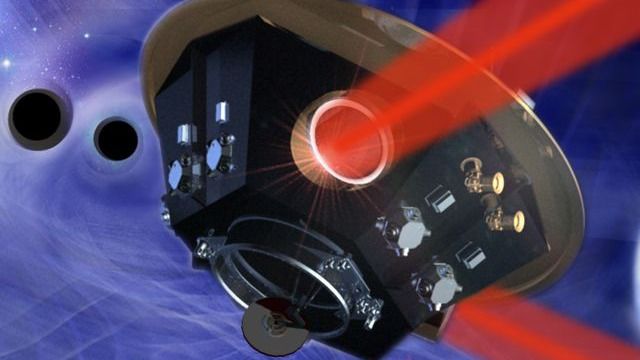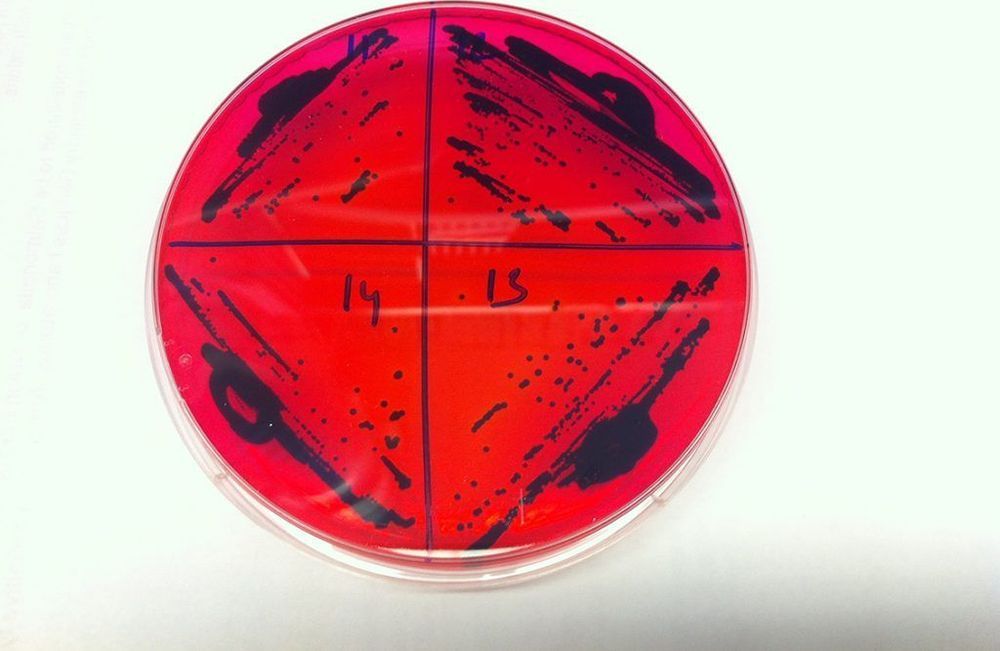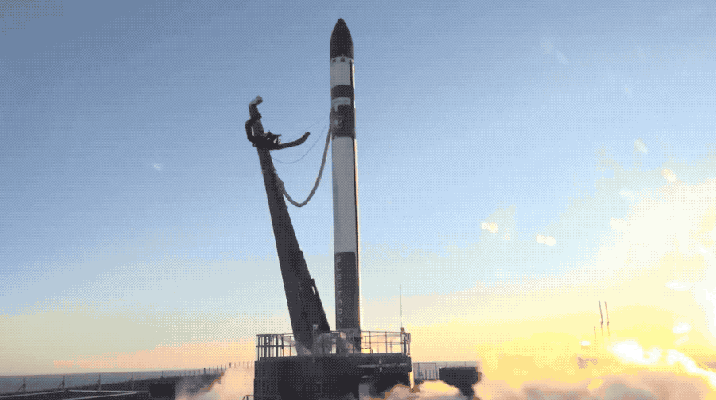
Private rocket launch startup Rocket Lab has succeeded in launching its ‘Make It Rain’ mission, which took off yesterday from the company’s private Launch Complex 1 in New Zealand. On board Rocket Lab’s Electron rocket (its seventh to launch so far) were multiple satellites flow for various clients in a rideshare arrangement brokered by Rocket Lab client Spaceflight.
Payloads for the launch included a satellite for Spaceflight subsidiary BlackSky, which will join its existing orbital imaging constellation. There was also a CubeSat operated by the Melbourne Space Program, and two Prometheus satellites launched for the U.Special Operations Command.
Rocket Lab had to delay launch a couple of times earlier in the week owing to suboptimal launch conditions, but yesterday’s mission went off without a hitch at 12:30 AM EDT/4:30 PM NZST. After successfully lifting off and achieving orbit, Rocket Lab’s Electron also deployed all of its payloads to their target orbits as planned.
